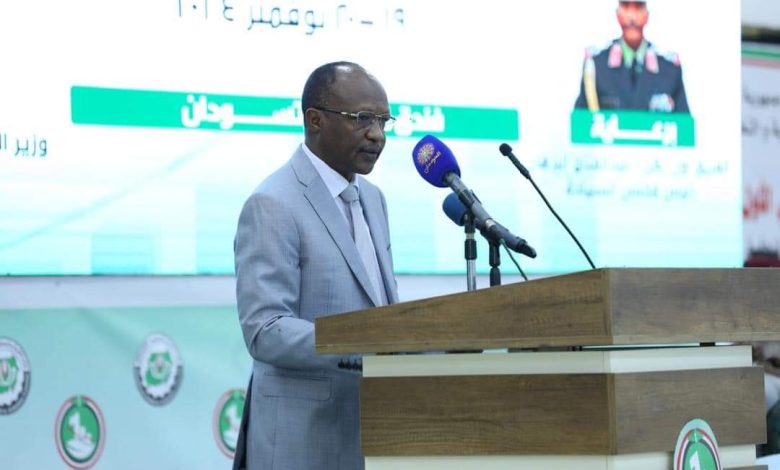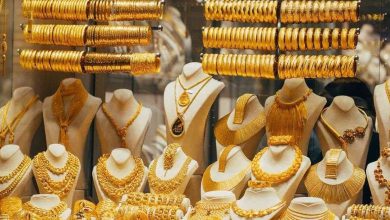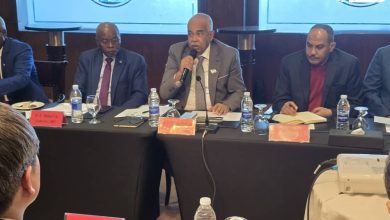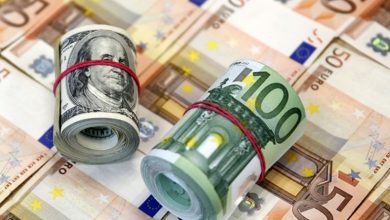Economic
Central Bank Governor: After the Currency Replacement Period, Replaced Currency Will No Longer Be Valid

Sudan Events – Rehab Abdullah
The Governor of the Central Bank of Sudan, Burrai Siddiq, affirmed that the currency replacement is a national concern. During his meeting with the General Managers of Banks on Monday at the Central Bank branch in Port Sudan, he discussed the importance and reasons for replacing the currency at this stage, the procedural steps, and the timeframe for the replacement process.
He confirmed that, based on past replacement experiences, the replacement period is considered adequate and takes into account the country’s circumstances. After the deadline ends, the replaced currency (1,000 and 500 Sudanese pound denominations) will no longer be valid in the states targeted for replacement. However, in other states, the currency will continue to be replaced whenever the state decides. He pointed out that the current currency will remain valid and in circulation within its respective states.
Furthermore, the Central Bank Governor emphasized the importance of banks facilitating and simplifying the process of opening bank accounts for the public and achieving digital transformation integration, promoting financial inclusion, and enabling citizens to benefit from banking services. He urged citizens to take advantage of the currency replacement period to open accounts and deposit their money. Having money in the banks is beneficial for both citizens and the banks, as it ensures the safety of the citizens’ funds and allows for withdrawals or transfers upon request, while banks benefit from having deposits and liquidity available.
The Governor assured the banks that 2025 will witness significant banking transformations led by the Central Bank, adding that the Central Bank will support the banks that have stood by the state during its crisis and have borne the risks of war in service to the nation, and that Sudan will not forget their support for the Sudanese people.
He explained that the strategic commodity portfolio is not exclusive to the Central Bank and Bank of Khartoum, but that participation in the portfolio’s capital is open to all banks, and investors, both Sudanese and foreign, can invest in its activities. He clarified that the role of the portfolio is not to import goods, but to provide foreign currency to importers to avoid resorting to the parallel market.
For his part, the Deputy Governor of the Central Bank, Salah al-Din Sheikh Khidr, stated that the currency replacement decision is a state decision to address the effects of the war, and it is not a conventional process, as it will be conducted through bank accounts. He directed the banks to resolve any issues faced in opening accounts, while also contributing to the awareness role of account opening. He noted that previous currency replacements were a technical matter handled by the Central Bank, but this time it represents a national concern with the participation of various regulatory, security, and service entities. He acknowledged that obstacles might arise but emphasized the need to overcome them to ensure the success of the currency replacement process, stressing that the military is fighting on the front lines for the nation, and it is their duty to support these efforts by maintaining the stability of the country’s economy.
He added that the Central Bank deals with banks with complete neutrality, and there is freedom for banking operations and competition for all.
Meanwhile, Mohammed Osman Ahmed Mohammed Khair, Deputy Governor of the Central Bank, explained that the replacement is happening under exceptionally complex circumstances. For regions not targeted for the replacement, the 1,000 and 500-pound denominations will continue to be valid and accepted, but for banks, these denominations will not be accepted due to considerations that serve the interests of both the citizens and the banks. He mentioned that the areas targeted for replacement are under security monitoring, which helps ensure that counterfeit or looted money does not enter the system.



